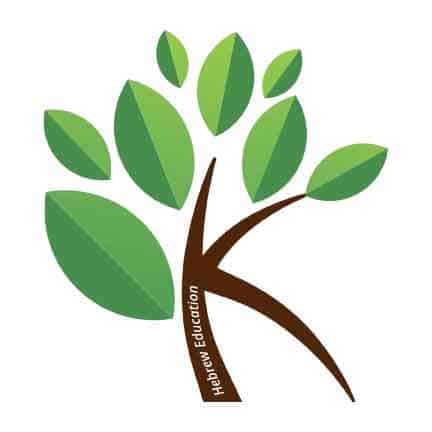I’ve seen the four agreements here and there on the internet over the years, but I finally got around to reading the book where they came from, Don Miguel Ruiz’s The Four Agreements.
In the spirit of the first HASKAMAHagreement – הסכמה I’ll keep my opinions on the book to myself, and focus on the utility of ARBA HAHASKAMOTthe four agreements – ארבע ההסכמות. They’re essentially tenets of a CHOZEHcontract – חוזה that you make with yourself in order to live a happier, more fulfilling, and less stressful life.
Download The Four Agreements in Hebrew PDF
The graphic above has the HAHASKAMOT in Hebrew, and with transliterations and translations.
HAHASKAMAH HARISHONAHthe first agreement – ההסכמה הראשונה is to quite literally guard the puritytohar – טוהר of your words. Words have KOACHpower – כוח, and when we agree to be impeccable with our MILIMwords – מילים, we avoid speaking BE’OFEN SHLILInegatively – באופן שלילי about ourselves and others. We use our words to heal, to help, LE’ODEDto encourage – לעודד, and to uplift.
HAHASKAMAH HASHNIYAHthe second agreement – ההסכמה השנייה is to never take anything BE’OFEN ISHIpersonally – באופן אישי. People’s actions are a reflection of their own MACHSHAVOTthoughts – מחשבות and realities, and it’s not our ACHRAYUTresponsibility – אחראיות to try and process the HITNAHAGUTbehavior – התנהגות of others. It also encourages us LISHOL SHE’ELOTto ask questions – לשאול שאלות, which relates to the next agreement.
HAHASKAMAH HASHLISHITthe third agreement – ההסכמה השלישית is to not make HANACHOTassumptions – הנחות. Assuming presumes that we know BEVADA’UTfor sure – בוודאות what others are thinking and feeling, which of course, we don’t. Instead of jumping to MASKANOTconclusions – מסקנות, we seek more information and clarity, and of course, ask.
HAHASKAMAH HAREVI’ITthe fourth agreement – ההסכמה הרביעית is to always do your best, regardless of your feelings or circumstances. If one day you’re not feeling well and you can only manage half the MATALOTtasks – מטלות on your to do list, then you’ve done the best you could. This agreement lets you feel satisfied with your accomplishments each day, knowing that you gave all that you were able to give.
Will you incorporate (or have you already incorporated) any of these agreements into your life? Let me know your thoughts in the comments!


How do you say SISTERS in Hebrew?
The Hebrew word for the singular word "sister" is אָחוֹת, pronounced /ACHOT/. Typically, to pluralize a feminine noun in Hebrew, you add the suffix –וֹת, pronounced /OT/. The word ACHOT already has an -OT ending though, in its singular form - so how do we pluralize it...

What is את and how do we use it?
The Hebrew word אֶת - pronounced /et/ - doesn't have a translation in English, and that makes it one of the more difficult grammar points for Hebrew learners. It's a major part of Hebrew speech, though - you can't learn Hebrew without learning how to use את. So what...

Learn Hebrew Verbs: Lesson #22 Answer Key
If you want to learn Hebrew verbs - binyanim, conjugations, etc - you should subscribe to my YouTube channel to make sure you never miss a video! Better yet - become a Patron, since only Patrons have access to every videos in the series, 22 and counting. This latest...

What’s the difference between אם and עם?
Do you know the difference between אם and עם? Both אם and עם are pronounced the same way - /im/ - so it can be confusing to know which Hebrew word to use in which context. Worry no more! אם, with an Alef, means if. עם, with an Ayin, means with. Look at the example...


What a joy to find the four agreements in Hebrew.
Thank you.